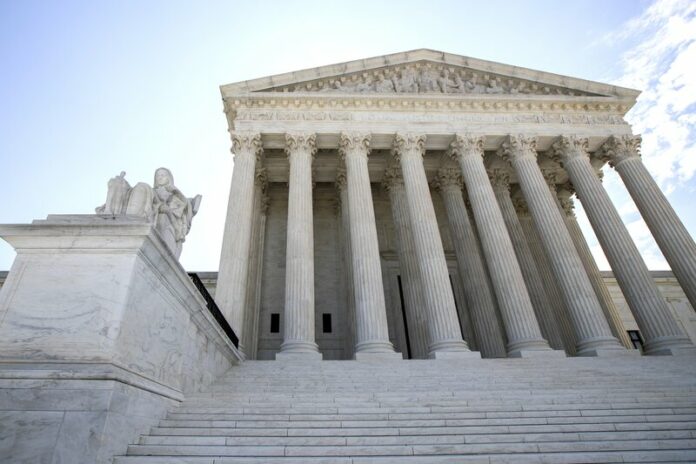(USA Herald) – A special master has ordered attorneys representing businesses suing HomeAdvisor to personally pay sanctions after finding that they improperly used discovery documents to aid an investigation by the Federal Trade Commission (FTC) and then attempted to cover it up by stonewalling the company. The discovery dispute, which has a “long and tortured history,” according to Special Master Maura R. Grossman, stems from the FTC’s July 2019 civil investigative demand to HomeAdvisor, which the plaintiffs learned about during discovery.
According to Samuel Lopez, a paralegal and investigative reporter for the USA Herald, the plaintiffs allegedly used their knowledge of the FTC investigation to “poison” the probe for over a year, impermissibly using protected discovery material and fueling a separate FTC investigation. In a scathing 51-page order issued on Monday, Special Master Grossman largely sided with HomeAdvisor and criticized the plaintiffs’ lawyers, stating that “their litigation strategy has been unnecessarily caustic and belligerent” and that “they have shown no remorse and have made no apology for their discovery failures.”
The special master noted that lawyers for the plaintiffs, a group of businesses represented by teams from Chimicles Schwartz Kriner & Donaldson-Smith LLP and Sherman and Howard LLC, had more than 20 phone calls and other communications with the FTC over a 22-month period. HomeAdvisor eventually won an order granting them discovery into the plaintiffs’ contacts with the FTC, which they claimed violated the protective order in the class action dispute.
Special Master Grossman said responses by plaintiffs’ counsel to requests for details of their contact with FTC staff “were disingenuous, improper and invalid at the time they were made,” finding it was unreasonable to withhold FTC-related communications. She concluded that their intentional withholding of such documents suggested they knew producing them would be a problem and might tip off HomeAdvisor’s lawyers that they had violated the protective order.
In conclusion, Special Master Grossman found that counsel for the putative class of home professionals had engaged in discovery misconduct, “made repeated obfuscatory misstatements to opposing counsel” and “intentionally with held documents, suggesting that they knew producing them would be a problem.” The case serves as a reminder of the importance of conducting oneself in good faith during the discovery process and the severe consequences that can result from acting in bad faith.






